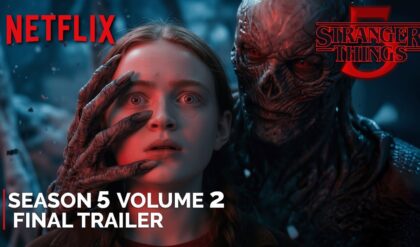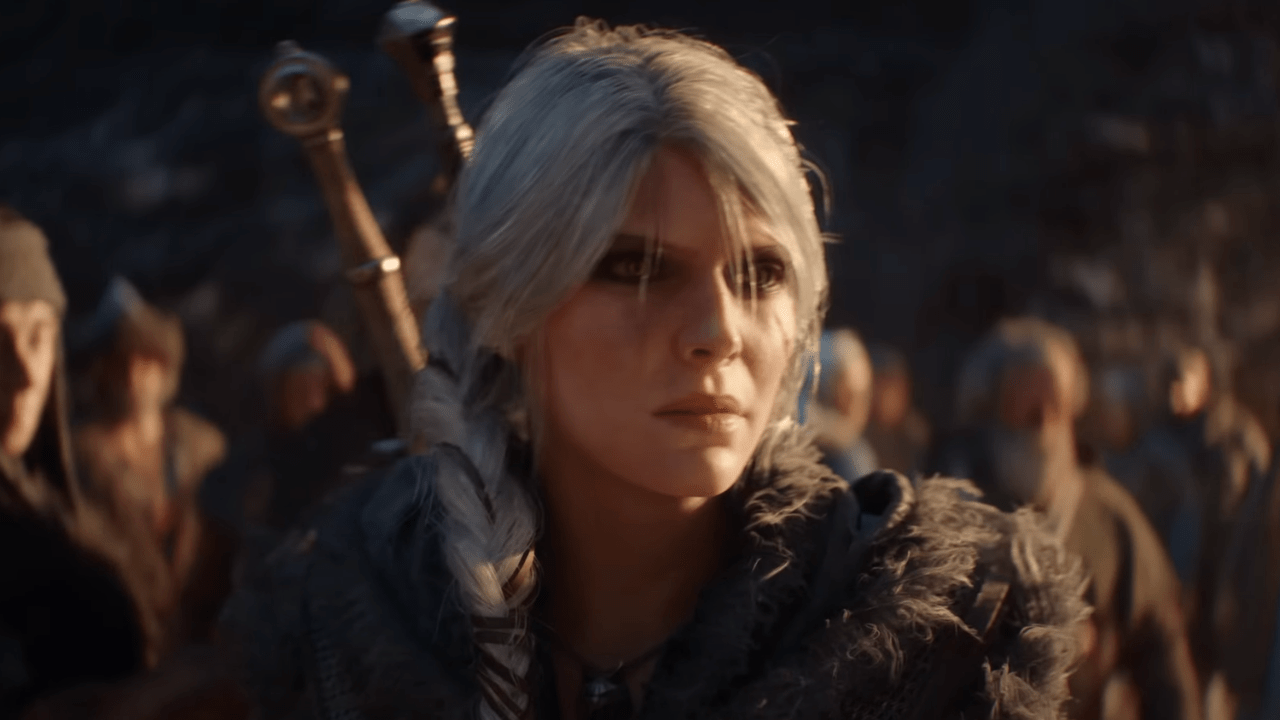
The Witcher 4 directors claim that using Ciri as their main protagonist will allow the team to explore the specific struggle of a female monster hunter in a medieval world. But is medieval sexism something anyone was asking for in a fantasy RPG game heading into 2025?

A screenshot from The Witcher 3: Wild Hunt (2015), CD Projekt Red
Ever since CD Projekt Red announced that Ciri would star in The Witcher 4, there’ve been questions and concerns raised. Some corners of the web erupted with outrage at yet another female protagonist replacing a beloved male hero. Others are asking thoughtful questions about lore and whether Ciri’s abilities and background even fit the concept of being a witcher at all.
But what’s catching the most attention is how the developers at CD Projekt Red have seemingly confirmed they plan to use Ciri’s storyline to explore sexism and gender politics in the medieval-inspired world of The Witcher.
Speaking to Eurogamer, game director Sebastian Kalemba and narrative director Philipp Weber laid out how, from the start, they saw Ciri as more than a mere side character.
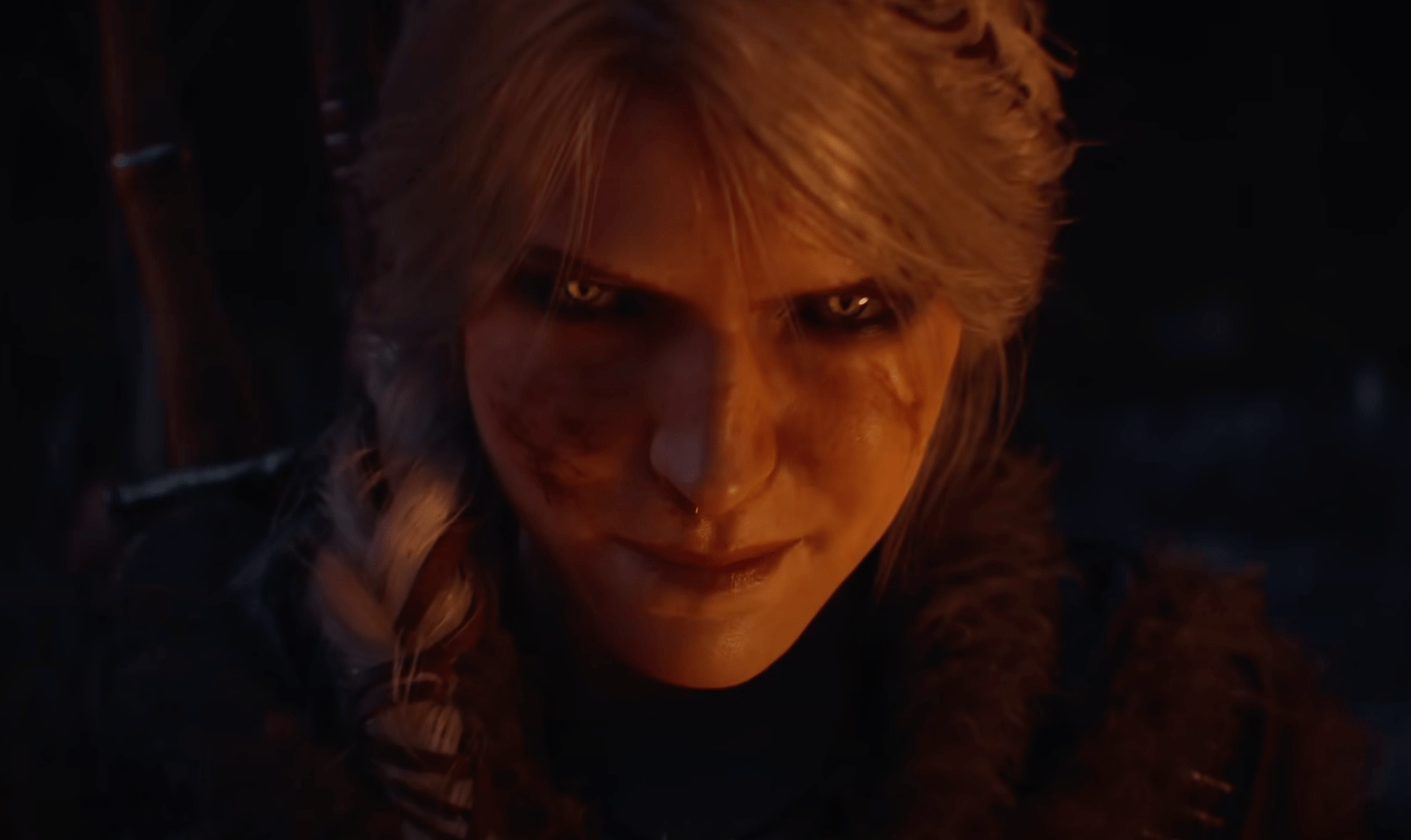
Ciri as a witcher in The Witcher 4 – YouTube, IGN
They pointed out that while Geralt was already set in his ways, Ciri, at the outset of The Witcher 4, is “at the beginning of her journey as a witcher.”
“In a way, even though Ciri is, of course, a defined character, with her, players will have the opportunity to still define her quite a bit more,” Weber said. “Specifically define the path that she will take on her way to becoming a witcher, and basically also what kind of person that will make her.”
The conversation with Eurogamer then turned specifically to questions that centered around the idea of sexism in the world of The Witcher.
The outlet asked:
“The experience of a woman is actively quite a significant theme in The Witcher in a lot of different forms. The women of this world are subjected to a lot of violence, they’re heavily sexualized in different ways. There’s the kind of ‘deal with the devil’ that sorceresses have to have to make where they lose their fertility and so on. Watching the trailer, it seemed to maybe channel this: there’s Ciri, a woman trying and failing to save another woman from more of this universe’s violence, right? Is that an intentional theme that you were channeling with the trailer? And also, is it something you’re intentionally looking to explore in the game, the experience of a woman in particular through Ciri’s eyes in this world?”
Weber repled:
“I mean, I would say the world of The Witcher is a really dark one that’s really inspired by, of course, dark fantasy folklore. But also medieval to early Renaissance history, and that is a world that was tough. Tough for many different groups, women among them. As an example, in The Witcher, we also deal a lot with racism when it comes to non-humans, and this is something that we want to keep up with The Witcher 4. I think it’s something that has always been really important. We make games for adults, and it also means that we tackle some difficult topics. We tackle them in interesting ways. We tackle them without giving easy answers, but often opening difficult questions that players have to answer. And I think some of those questions might be going in this direction as well, because, yeah, Ciri is a woman, and as a witcher in this world, this is an unusual state. So I don’t think it’s going to be this story everywhere, but since this is a part of this world, and we want to tackle so many of those different themes, it’s definitely also going to appear there as well.”
Does this mean that instead of simply showing how Ciri grows into her monster-slaying role, CD Projekt Red feels it’s important to weave in a storyline about gender politics? Do most gamers really want that in their dark fantasy?
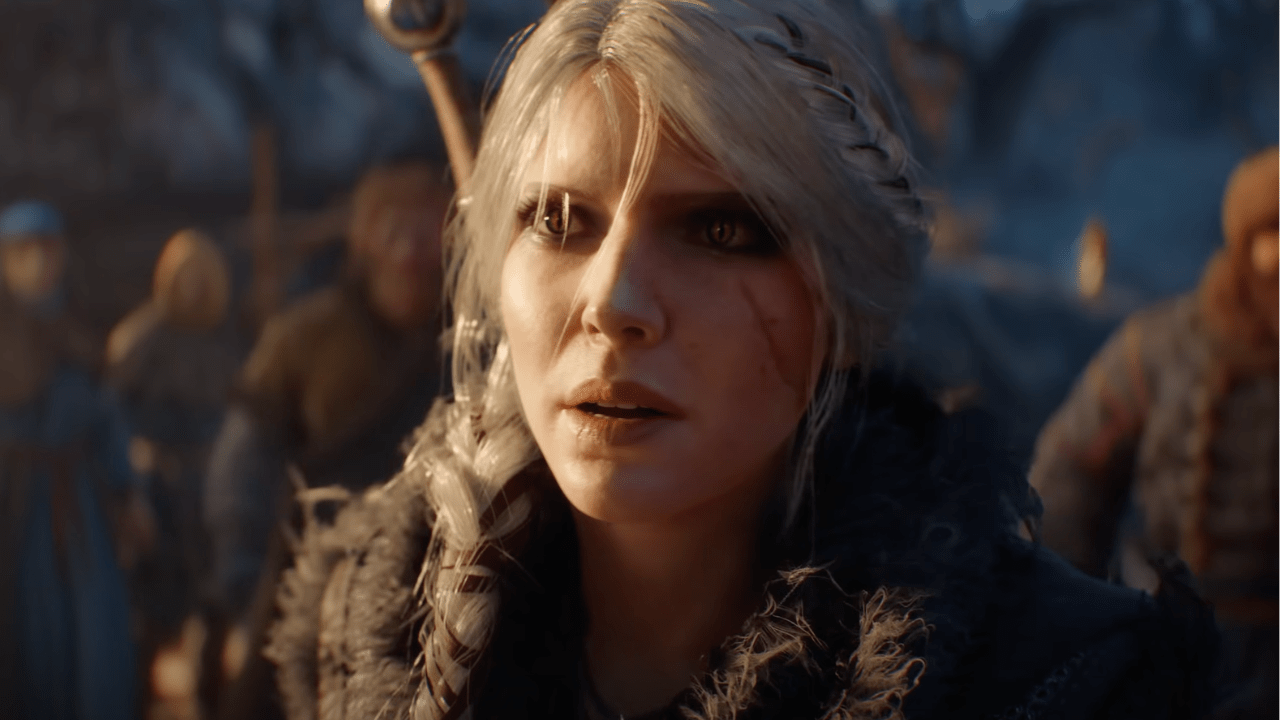
Ciri as a witcher in The Witcher 4 – YouTube, IGN
Recent AAA launches suggest that “modern dayisms” and overtly “feminist” angles might be wearing thin on audiences.
Star Wars: Outlaws, Dragon Age: The Veilguard, Concord, and Dustborn have all been criticized for focusing too heavily on message-driven storytelling rather than compelling, immersive gameplay. Each of these games failed commercially, which is a trend that can’t be ignored.

A screenshot of Star Wars Outlaws (2024), Ubisoft
CDPR’s approach may create headlines initially, but numbers could indicate that it often alienates core players seeking to lose themselves in a rich fantasy or sci-fi realm where they can take a break from debating societal issues.
Contrast that with the buzz around Black Myth: Wukong, Stellar Blade, Space Marine 2, or Marvel Rivals, games that simply promise fun escapism without underlining any modern political talking points. Those titles have benefited from a fanbase relieved to get back to the essence of why most people play games in the first place: an engaging world and an entertaining story.
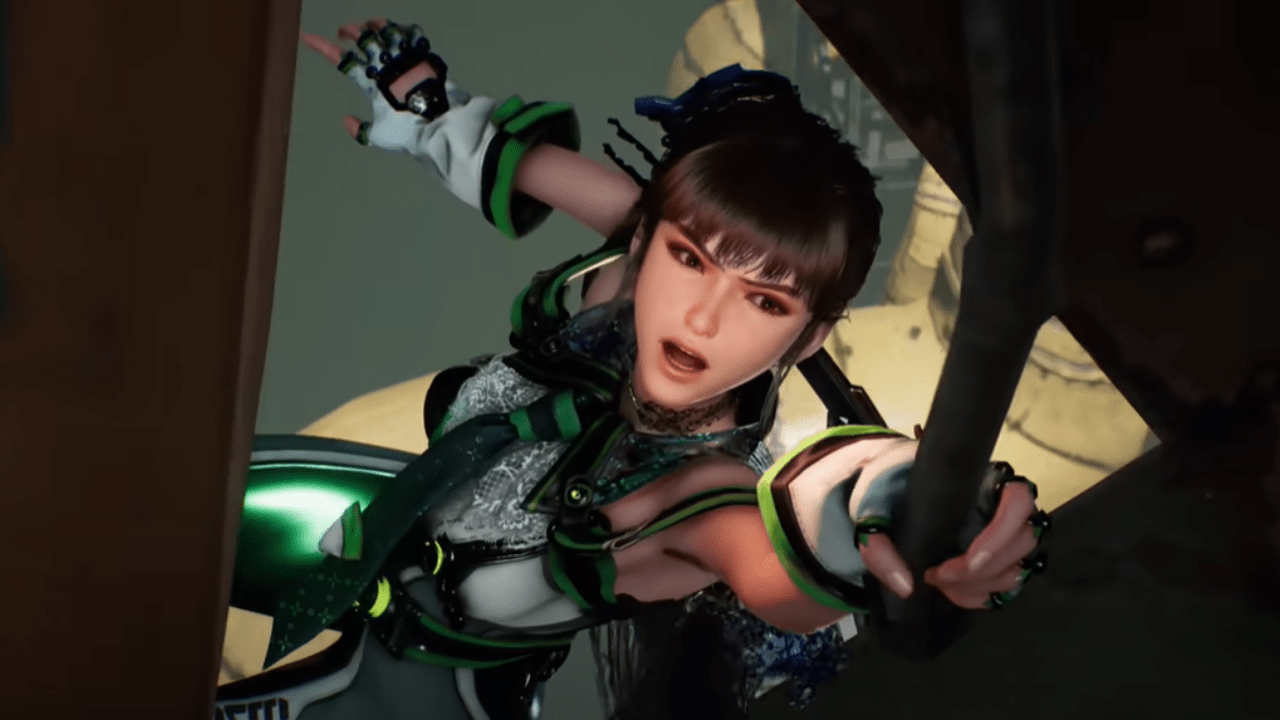
Eve in Stellar Blade (2024), Shift Up
The Witcher series has always prided itself on gritty realism and moral ambiguity. The original game famously let you collect “risqué” romance cards. The newer entries, especially The Witcher 3, tackled topics like racism toward non-humans and the harsh realities of medieval society.
One could argue that sexism is simply another piece of the puzzle and that, if handled with a deft hand, it might enrich the narrative.
But it’s also easy to suspect that The Witcher 4’s big talking point is less about telling a natural extension of Ciri’s tale and more about ticking a modern box. Instead of letting the sexist elements of the world stand as background flavor, they risk turning it into the main course for the sake of being “relevant.”
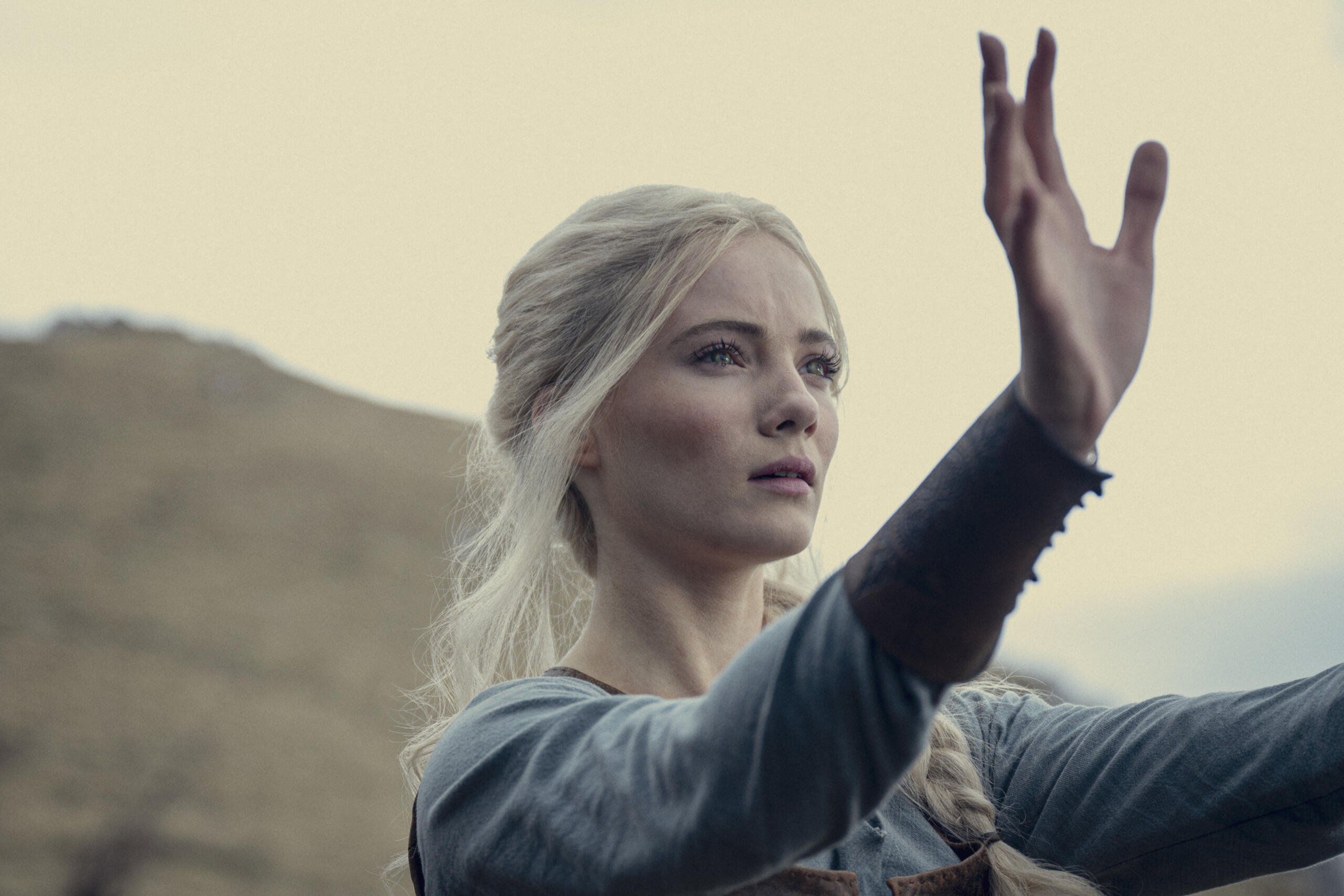
Freya Allen as Ciri in The Witcher: Season 3 (2023), Netflix
Ideally, The Witcher 4 will follow through on this in a way that feels consistent with a dangerous, monster-ridden environment rather than a lecture about how tough it is to be a woman. Ciri is potentially an interesting protagonist as a defined character who can still be shaped by player choices. But it seems like a misstep to turn a dark, medieval fantasy epic into yet another “female empowerment” storyline at a time when many gamers are clamoring for an escape from real-world culture wars.
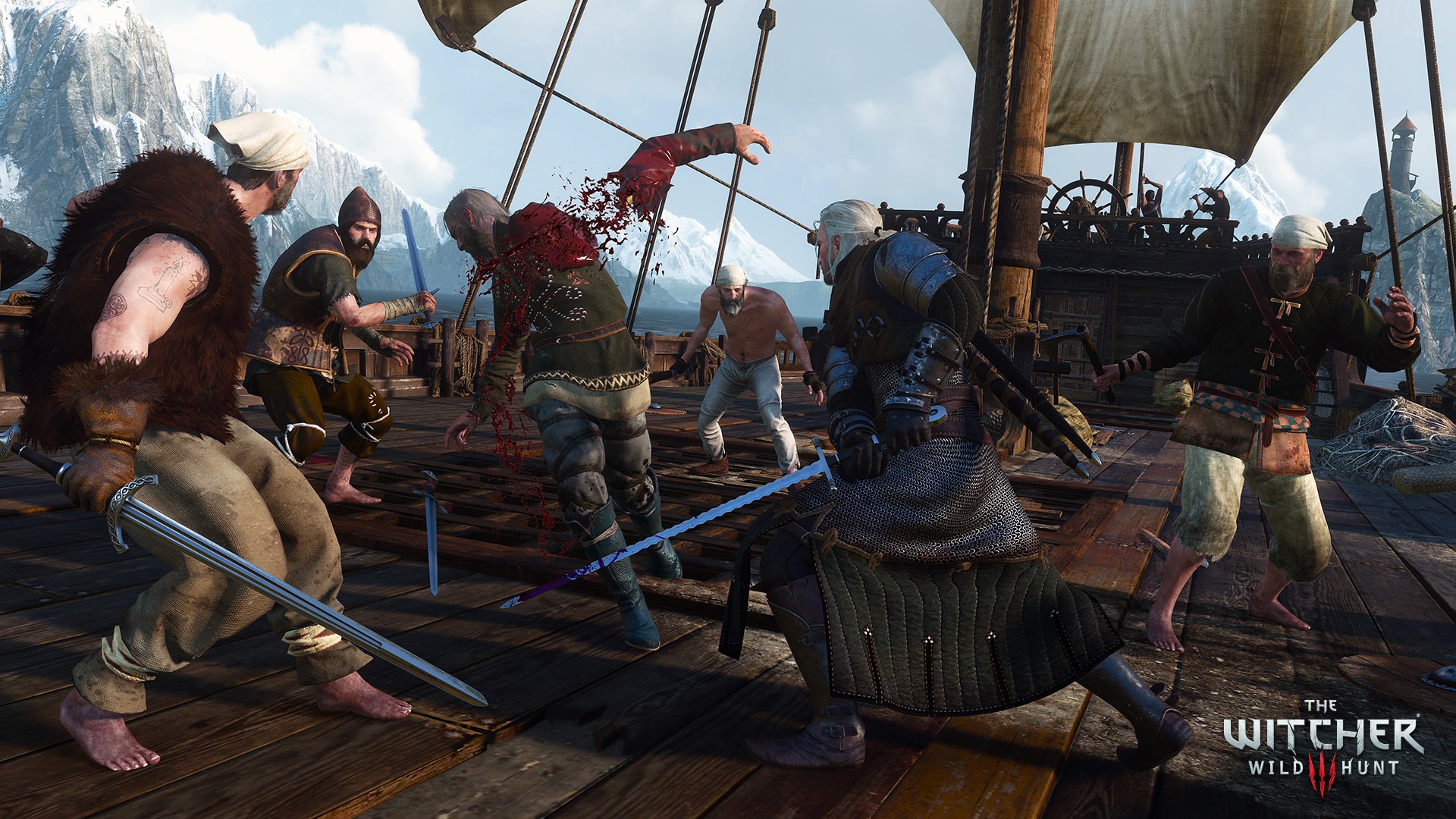
A screenshot from The Witcher 3: Wild Hunt (2015), CD Projekt Red
CD Projekt Red certainly has its work cut out. If it executes Ciri’s arc with the same nuance and care that made The Witcher 3 a success, all may be forgiven. However, a fear that sexism, feminism, and social commentary will take a role in this narrative is already stirring skepticism from a fanbase exhausted by messaging in modern AAA games.
For now, fans can only hope that the final product delivers on the immersive monster-hunting escapism they fell in love with without forcing modern political narratives. After all, if The Witcher 4 simply goes the route of “gritty feminist commentary,” recent gaming history suggests that no amount of brand power will stop the player base from walking away.
Do you believe CDPR should make The Witcher 4 about sexism? Will this be a subtle theme or a heavy handed allegory for modern culture wars? Sound off in the comments and let us know!




